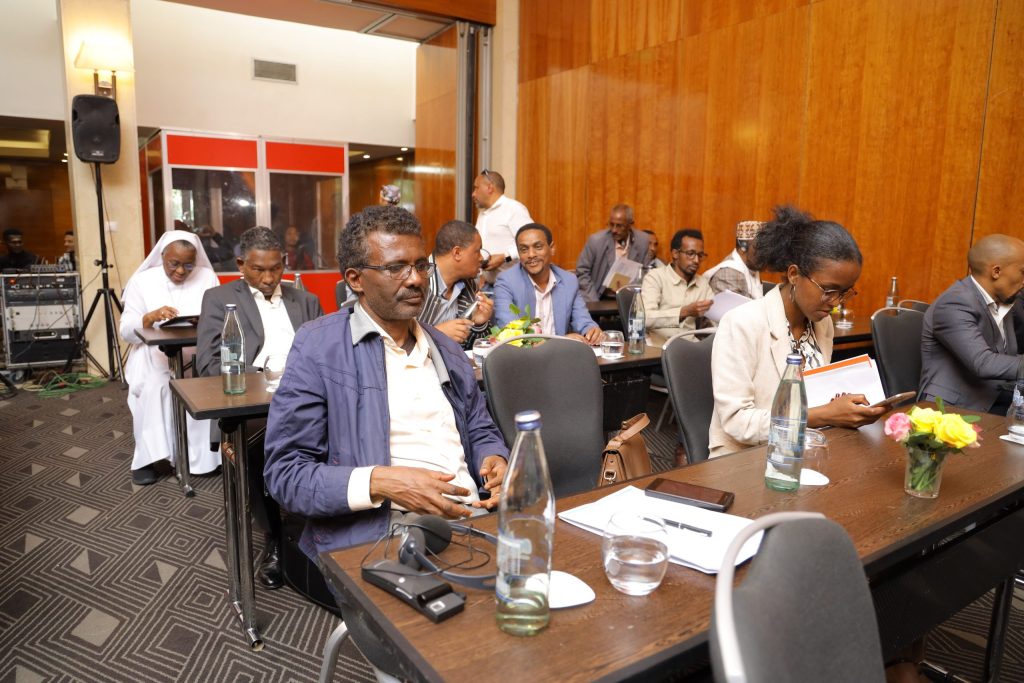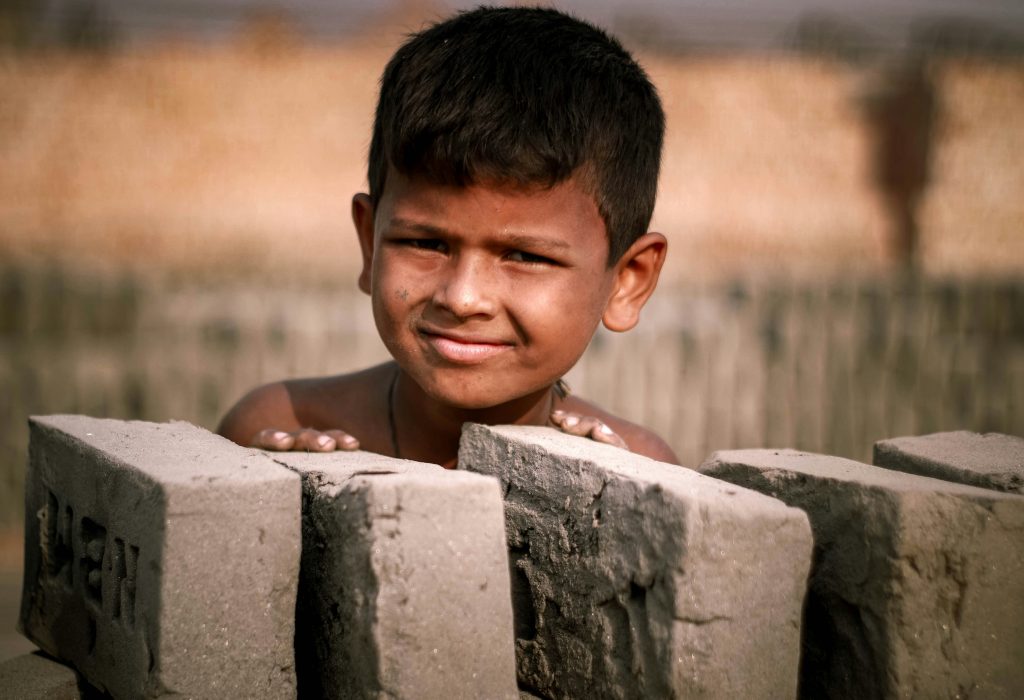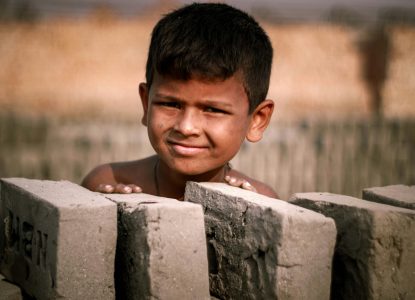On May 13-14, 2025, the G20 Interfaith Forum Association, in partnership with the United Religions Initiative (URI), the Inter-Religious Council of Ethiopia, and the African Union, hosted a two-day conference on “Africa’s Faith Communities: Advancing the Sustainable Development Goals, the African Union Agenda 2063, and G20 South Africa’s 2025 Process.” Among the most urgent issues addressed was human trafficking—a global crisis that disproportionately affects Africa, where one-third of the world’s forced migration occurs. The discussions confronted the uncomfortable reality that modern trafficking bears striking similarities to historical slavery, with faith communities called to acknowledge past complicity while taking decisive action against contemporary exploitation. Participants examined how systemic poverty, weak governance, and global inequality create vulnerabilities that traffickers exploit, while exploring faith-based approaches to prevention, survivor support, and systemic change.
The following summary was compiled based on notes taken by Marianna Richardson throughout the conference proceedings. This represents the third of four topic-based summaries capturing the key insights and discussions from this landmark interfaith gathering.

Human trafficking in Africa is deeply linked to systemic poverty, disrupted communities, and a lack of coordinated response mechanisms. Vulnerable populations, especially women and children, are often caught in cycles of forced migration and exploitation. Coordination in humanitarian response and financial support is urgently needed, particularly for refugees and internally displaced people.
Moderator Ahmed Zanya Bugre opened the session by identifying three central questions for faith communities:
- How do they respond to forced displacement?
- What are best practices?
- How can these practices shape G20 recommendations?
Bugre emphasized:
“One-third of forced migration globally happens in Africa. This is rooted in colonization, the extractive economy, and forced labor that historically benefited Europeans—with religious institutions complicit in many ways.”
Modern Slavery: Nothing Has Changed
Kevin Hyland OBE, Chief Executive of Praeveni Global, drew parallels between the transatlantic slave trade and modern-day trafficking:
“Nothing has changed. Today’s supply chains still rely on cheap and free labor, where the powerful exploit the less powerful for gratification and profit.”
Hyland stressed the importance of reparations not only for historical injustices but for modern victims of trafficking. He recalled the global outrage following the death of Alan Kurdi in 2015 but lamented the shift from empathy to criminalization in migration policy. “We need compassion and practical solutions. Migrant workers contribute to sectors like health and agriculture. Their economic contributions through remittances build nations, yet they’re often unwelcome.” He added that governments and people of faith have a responsibility to act and influence G20-level policy.
Faith-Based Approaches to Prevention and Support
Winnie Mutevu from HAART Kenya highlighted the central role of faith leaders in prevention and support initiatives. “For over 15 years, we’ve worked with communities to educate and amplify their voices. Shelters are being used for victims, and there is growing public awareness, especially within Muslim communities.” She praised the Church’s role in offering holistic healing and emphasized the need for legal support, capacity-building, and victim empowerment.
“We must ensure we do no further harm. It’s about resilience, empowerment, and creating safe spaces for recovery.”
Mutevu also called attention to the importance of community engagement and using places of worship as platforms for outreach.
Grassroots Action and Survivor Reintegration
Sister Agnes Njeri SSJ, representing the Conrad N. Hilton Foundation, spoke about practical efforts by Catholic Sisters to combat trafficking.
“We’ve built networks to fight human trafficking. Many trafficked youth are lured with promises of jobs in the Middle East. When they arrive, their passports are taken, and they’re treated like commodities.”
She explained how Sisters work with village elders and community leaders to empower youth through skills training and legal awareness. “We ask survivors, ‘What do you want to do for a living?’ and we help them return home with dignity and opportunity.” Njeri underscored that education is key and noted that many victims lack basic knowledge about the risks they face.

Governance, Corruption, and Legal Failures
Participants raised concerns about systemic governance issues contributing to trafficking and forced migration. “People leave because they don’t see hope. There’s a lack of integral human development,” one speaker noted. Faith leaders were urged to speak out on moral and political issues, not in isolation, but in collective responsibility for humanity. They criticized the African Union (AU) for its limited power and the cumbersome political processes that slow down meaningful action.
“We have the policies, but no implementation. It’s often easier for a European to travel across Africa than for an African.”
There was a call for stronger engagement between the AU and faith-based communities, especially through platforms like the IF20 (G20 Interfaith Forum).
Moral Responsibility and International Action
Faith leaders stressed the urgent need to raise the moral voice at international forums.
“The IF20 must influence the G20. The voices of survivors, religious sisters, and faith leaders need to be heard.”
There was also a warning about the normalization of exploitation in global systems—from trafficking to organ sales—where even terror networks are being sanctioned while human slavery is allowed to persist. “We must question corruption, address laws that allow people to be owned, and reclaim the dignity of trafficked persons,” one speaker said.
The Call to Action
The session concluded with a call to interfaith collaboration and proactive engagement with governments. The AU’s Chaplaincy echoed the need for faith communities to be involved in every step—from prayer breakfasts to policy formation. The resounding plea was for inclusion, compassion, and practical change.


